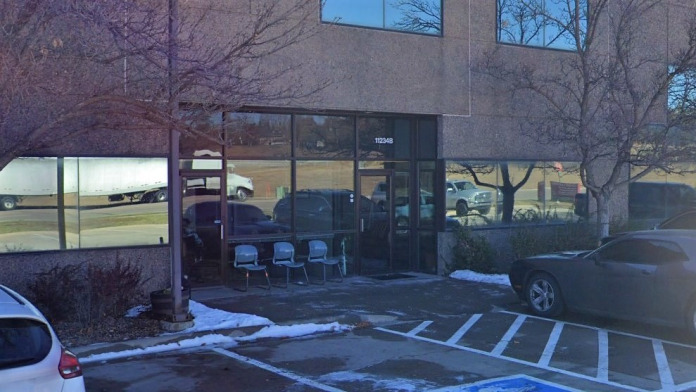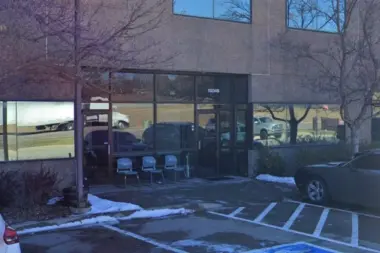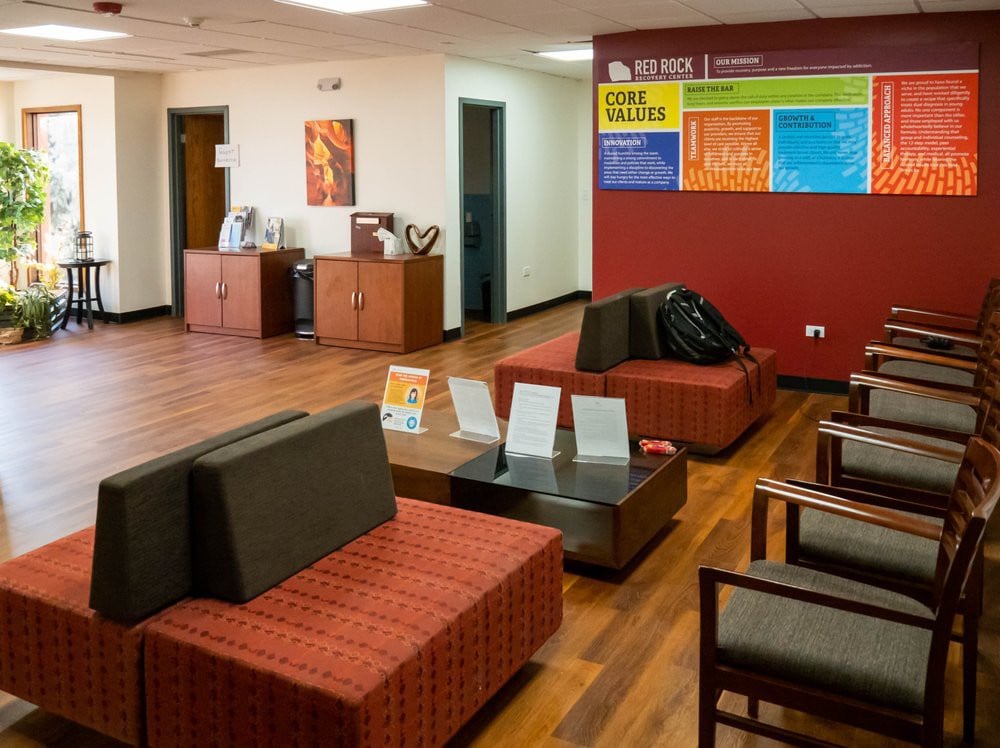This program worth, they have helped my children they are better than they were before we found this program, and as a father has helped me made changes in my parenting. The parent support group is also wonderful; they help to heal the whole family. Go to this place can chan ...
About The Cornerstone Program
The Cornerstone Program is a unique, locally owned and operated drug rehab center for teens and young adults with substance use disorder (SUD). The program accepts federal and other government funding as well as self payment.
The treatment center is in Centennial, Colorado. This is an outpatient treatment program focusing on group counseling and building positive peer relationships. The program specifically treats adolescents and young adults with a teen track (12-17) and a young adult track (18-25).
Engaging Families
Centennial, Colorado, is the 10th largest city in Colorado. The city offers parks, walking trails and hiking areas. It’s a great place for young people to learn that sober living is a fun and rewarding way of life.
The program actively involves families in the treatment process. Parents have their own support group meetings and speak to their child’s counselor weekly. They also meet with staff regularly throughout the program to ensure that parents and staff are on the same page in regards to treatment.
Teen and Young Adult Addiction Treatment
One of the unique things about the program is that it’s built for teens and young adults, rather than being a teen version of an adult program. The treatment team understands that young people have different challenges and needs than those of adults.
Today’s youth is dealing with social media culture, intense peer pressure, cyberbullying and stronger drugs than seen in previous generations. The program meets young people where they are and helps them learn that they can live a fun and fulfilling life without substances.
Comprehensive Drug Rehab in a Relaxed Atmosphere
The staff strives to build honest relationships with the youth and families they work with. The treatment environment is family friendly and relaxed. Most of the staff are in recovery and understand how to relate to young people.
Treatment includes individual substance use counseling, intensive outpatient drug rehab and support groups. The counselors also go out into the community to speak about substance use and misuse.
Latest Reviews
Rehab Score
Gallery


Other Forms of Payment
Self-pay involves paying for treatment out of your own pocket. You can use savings or credit, get a personal loan, or receive help from family and friends to fund your treatment. If you don't have insurance or your insurance plan doesn't cover a specific program, self-pay can help ensure you still get the care you need.
Addiction Treatments
Levels of Care
Outpatient Programs (OP) are for those seeking mental rehab or drug rehab, but who also stay at home every night. The main difference between outpatient treatment (OP) and intensive outpatient treatment (IOP) lies in the amount of hours the patient spends at the facility. Most of the time an outpatient program is designed for someone who has completed an inpatient stay and is looking to continue their growth in recovery. Outpatient is not meant to be the starting point, it is commonly referred to as aftercare.
Intensive Outpatient Programs (IOP) are for those who want or need a very structured treatment program but who also wish to live at home and continue with certain responsibilities (such as work or school). IOP substance abuse treatment programs vary in duration and intensity, and certain outpatient rehab centers will offer individualized treatment programs.
12-step programs are addiction recovery models based on Alcoholics Anonymous (AA). A number of substance abuse programs (including some drug and alcohol rehab centers) use the 12 steps as a basis for treatment. Beginning steps involve admitting powerlessness over the addiction and creating a spiritual basis for recovery. Middle steps including making direct amends to those who've been hurt by the addiction, and the final step is to assist others in addiction recovery in the same way. 12-Step offshoots including Narcotics Anonymous (NA), Cocaine Anonymous (CA), Dual Recovery Anonymous (DRA), Sex and Love Addicts Anonymous (SLAA) and Gamblers Anonymous (GA).
Completing a drug or alcohol rehab program shouldn't spell the end of substance abuse treatment. Aftercare involves making a sustainable plan for recovery, including ongoing support. This can include sober living arrangements like halfway houses, career counseling, and setting a patient up with community programs like Alcoholics Anonymous (AA) or Narcotics Anonymous (NA).
Treatments
The goal of treatment for alcoholism is abstinence. Those with poor social support, poor motivation, or psychiatric disorders tend to relapse within a few years of treatment. For these people, success is measured by longer periods of abstinence, reduced use of alcohol, better health, and improved social functioning. Recovery and Maintenance are usually based on 12 step programs and AA meetings.
Professional services are often necessary to recover from addiction. Drug rehab in Colorado provides the expert services needed to address the complex issues of addiction and help individuals start their recovery journey.
Opioid rehabs specialize in supporting those recovering from opioid addiction. They treat those suffering from addiction to illegal opioids like heroin, as well as prescription drugs like oxycodone. These centers typically combine both physical as well as mental and emotional support to help stop addiction. Physical support often includes medical detox and subsequent medical support (including medication), and mental support includes in-depth therapy to address the underlying causes of addiction.
Substance rehabs focus on helping individuals recover from substance abuse, including alcohol and drug addiction (both illegal and prescription drugs). They often include the opportunity to engage in both individual as well as group therapy.
Programs
Young adulthood can be an exciting, yet difficult, time of transition. Individuals in their late teens to mid-20s face unique stressors related to school, jobs, families, and social circles, which can lead to a rise in substance use. Rehab centers with dedicated young adult programs will include activities and amenities that cater to this age group, with an emphasis on specialized counseling, peer socialization, and ongoing aftercare.
Clinical Services
Research clearly demonstrates that recovery is far more successful and sustainable when loved ones like family members participate in rehab and substance abuse treatment. Genetic factors may be at play when it comes to drug and alcohol addiction, as well as mental health issues. Family dynamics often play a critical role in addiction triggers, and if properly educated, family members can be a strong source of support when it comes to rehabilitation.
Group therapy is any therapeutic work that happens in a group (not one-on-one). There are a number of different group therapy modalities, including support groups, experiential therapy, psycho-education, and more. Group therapy involves treatment as well as processing interaction between group members.
In individual therapy, a patient meets one-on-one with a trained psychologist or counselor. Therapy is a pivotal part of effective substance abuse treatment, as it often covers root causes of addiction, including challenges faced by the patient in their social, family, and work/school life.
Amenities
-
Private Setting
Staff
Rebecca Carey
Operations Manager
Contact Information
11234 B. East Caley Avenue
Centennial, CO 80111
